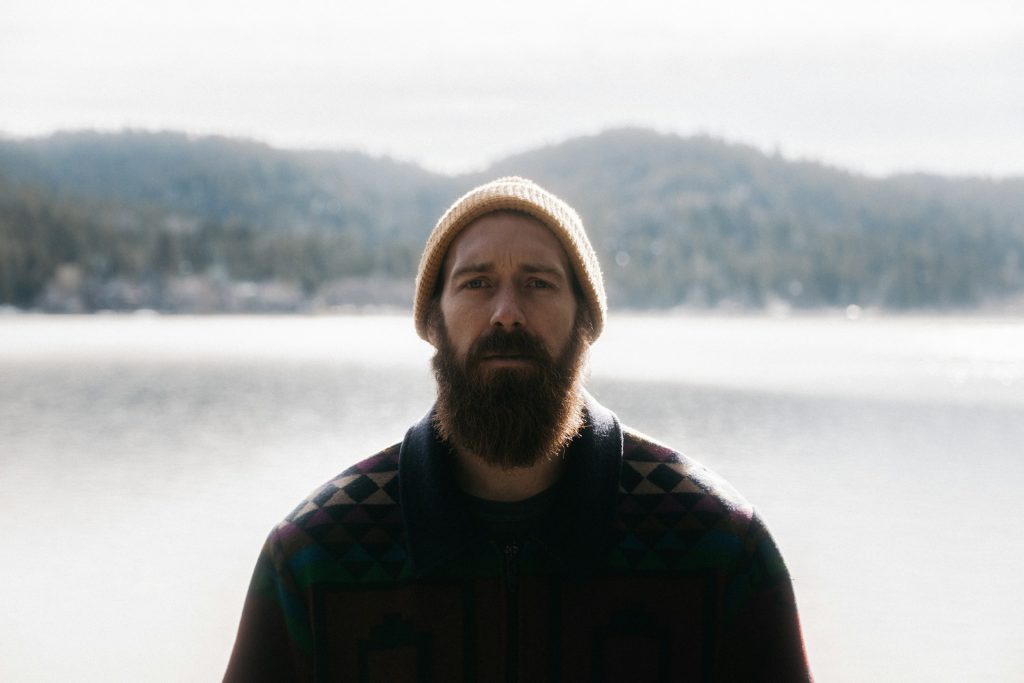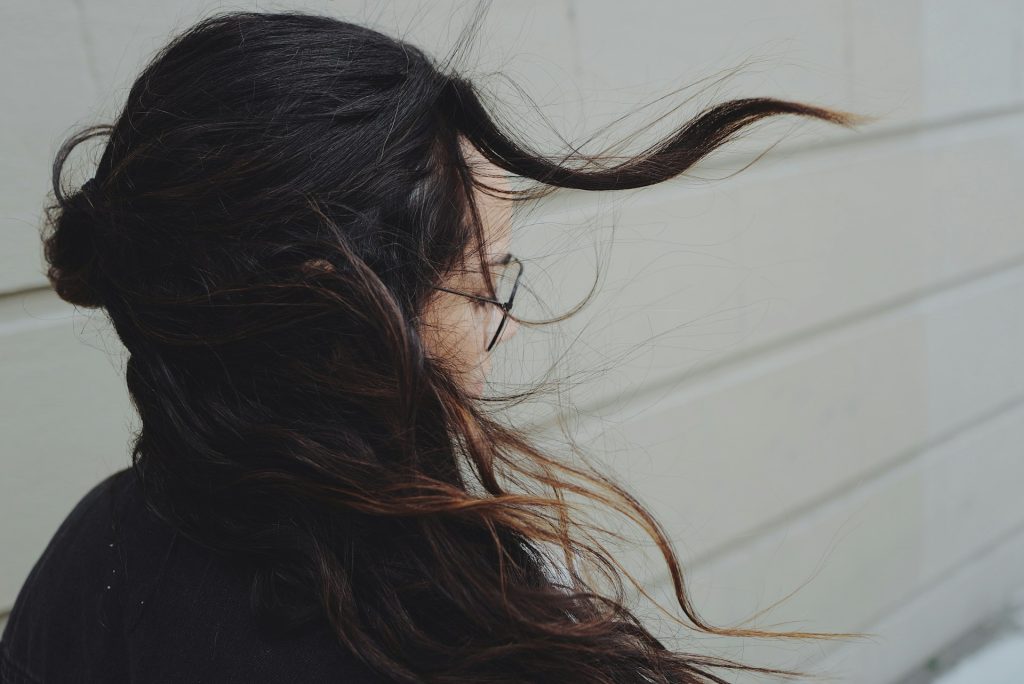Have you ever thought about why humans, out of all the creatures roaming the Earth, seem to have this weird imbalance when it comes to hair growth? Sure, we’re not completely hairless—most of us have a little fuzz here and there—but when it comes to our heads, it’s like someone hit the “grow” button and never turned it off. Meanwhile, the rest of our bodies are surprisingly smooth compared to our animal friends. So, what’s going on here? Let’s dive into the science (and the strange history) behind why humans have such fabulous head hair but seem to have forgotten about the rest of their bodies!

The Oddball of the Mammal Kingdom
Humans are a bit of an enigma when it comes to body hair. Almost every other mammal out there has fur covering their bodies. Lions have luscious manes, otters have glossy, waterproof coats, and bears, well, let’s just say they’ve mastered the whole “staying warm” thing. And yet, here we are, strutting around with mostly smooth skin and wild hairdos.
So, why are we the odd ones out? First things first, let’s talk about why mammals have fur in the first place. According to Mark Pagel, an evolutionary biologist at the University of Reading, fur helps animals stay warm during cold nights and protects them from the scorching sun during the day. That makes sense, right? But somewhere along the evolutionary line, our ancestors decided to take a different route.
The Great Fur Coat Dilemma
Now, imagine yourself as an ancient human, standing in the middle of the African savanna under the hot, blazing sun. If you were covered head-to-toe in thick fur, it wouldn’t take long before you overheated and turned into a sweaty mess. Yana Kamberov, a professor of genetics, explains that humans developed a handy trick: more sweat glands! Instead of relying on fur to keep us cool, our bodies turned to sweating as a way to regulate temperature. If we’d kept all that fur, it would’ve gotten soaked in sweat, making it harder for our bodies to cool down. So, as weird as it sounds, losing our body hair may have been our body’s way of ditching a heavy, sweaty coat on a hot day.
But this theory, known as the body-cooling hypothesis, doesn’t quite explain everything. Why do men tend to be hairier than women? And why didn’t we lose all our hair, like on our heads? For those answers, we have to dig a little deeper.

Parasites, Pests, and Going Bald (Sort Of)
Next up, we have the ectoparasite hypothesis, and this one’s pretty wild. Basically, having less hair could’ve helped early humans avoid nasty parasites like lice, ticks, and fleas. Think about it: if you’re covered in fur, you’re offering these little pests a cozy home. By ditching the body hair, we may have made it harder for parasites to latch on and cause disease. It’s like an early version of pest control! So, not only did our ancestors stay cool, but they might’ve also had fewer run-ins with creepy crawlies.
But What About the Head?
Okay, so we’ve explained why we lost most of our body hair, but why are we rocking these full heads of hair? After all, if hair attracts pests and can get in the way of cooling, why didn’t we lose the hair on our heads too?
It turns out, having head hair is pretty important—especially when you’re walking around under the sun all day. Unlike other animals, humans are bipeds, meaning we walk on two legs. That leaves our heads fully exposed to the sun’s rays. And, if you’ve ever spent too long in the sun without a hat, you know just how intense that can get! Hair on our heads works like a natural umbrella, shielding our noggins from getting too hot. As Mark Pagel puts it, “It’s sort of a built-in hat.” Convenient, right?
But that’s not all. Our brains, though small in size compared to the rest of our bodies, are metabolic powerhouses. They generate a ton of heat, and head hair might act as a sort of thermal blanket, helping to retain heat when the temperature drops at night. So, whether it’s keeping us cool in the day or warm at night, head hair plays a crucial role in regulating temperature.
The Aquatic Ape Hypothesis: A Hairy Myth?
Now, let’s take a moment to talk about the aquatic ape hypothesis. This theory suggests that our ancestors spent so much time in water that they lost their body hair to become better swimmers. The idea is that, like seals or dolphins, hairless skin made us more streamlined in the water. Sounds cool, right? Unfortunately, there’s not much evidence to back this one up. As fun as it is to imagine our ancestors diving into lakes and oceans, most researchers agree that humans didn’t spend enough time in water to lose all their body hair. So, while it’s an interesting theory, it’s likely just a myth.
Is Hair Sexy? Evolution Says Yes!
Finally, let’s talk about the role of sexual selection. Let’s face it: humans are obsessed with hair. From wild curls to sleek, straight locks, we spend an enormous amount of time (and money) styling, cutting, and caring for our hair. But this isn’t just a modern-day phenomenon.
Pagel suggests that even our ancient ancestors were fascinated by head hair. Although hair doesn’t fossilize well, we know from studying ancient mummies and isolated Indigenous populations that hair styling has been a thing for thousands of years. Why? Because hair might’ve been a signal of health, youth, and attractiveness. In other words, our ancestors likely used their luscious locks to attract a mate!
The Head Hair Mystery Unraveled!
So, why do we grow so much hair on our heads but not on our bodies? It all comes down to a mix of evolution, survival, and even a little vanity. Humans ditched their body hair to stay cool, avoid parasites, and survive in a world where temperature regulation was key. But we kept our head hair to protect our brains from the sun’s heat and because, let’s be honest, it’s pretty attractive!

The next time you’re styling your hair or running your fingers through it, remember: it’s not just for looks. Your hair is the result of millions of years of evolution, and it’s playing a more important role than you might’ve thought!





